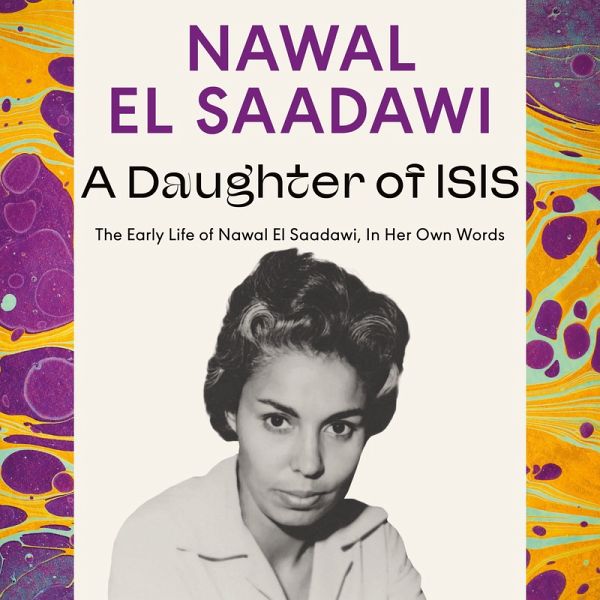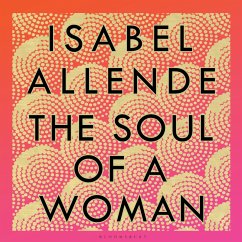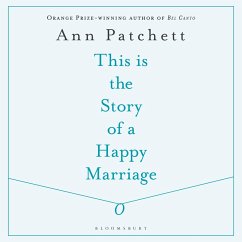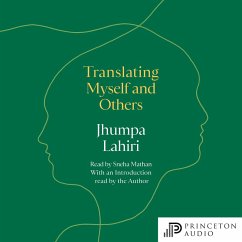
A Daughter of Isis (MP3-Download)
The Early Life of Nawal El Saadawi, In Her Own Words Ungekürzte Lesung. 743 Min.
Sprecher: Albina, Nadia
Versandkostenfrei!
Sofort per Download lieferbar
17,99 €
inkl. MwSt.
Weitere Ausgaben:

PAYBACK Punkte
9 °P sammeln!
Bloomsbury presents A Daughter of Isis: The Early Life of Nawal El Saadawi, In Her Own Words by Nawal El Saadawi, read by Nadia Albina In A Daughter of Isis, Nawal El Saadawi, author of Woman at Point Zero and one of the Arab world's greatest writers, tells the story of the formative years which shaped an iconic voice in global feminism. In poignant and moving prose we learn about her relationships with her family, her traumatic experience of female genital mutilation at seven years old and escaping suitors at ten and her journey from the rural Egyptian village of her birth to metropolitan Cai...
Bloomsbury presents A Daughter of Isis: The Early Life of Nawal El Saadawi, In Her Own Words by Nawal El Saadawi, read by Nadia Albina In A Daughter of Isis, Nawal El Saadawi, author of Woman at Point Zero and one of the Arab world's greatest writers, tells the story of the formative years which shaped an iconic voice in global feminism. In poignant and moving prose we learn about her relationships with her family, her traumatic experience of female genital mutilation at seven years old and escaping suitors at ten and her journey from the rural Egyptian village of her birth to metropolitan Cairo to study medicine. Filled with warmth as well as critical reflection, this book reveals the early years of a remarkable life dedicated to the fight for justice and equality.













